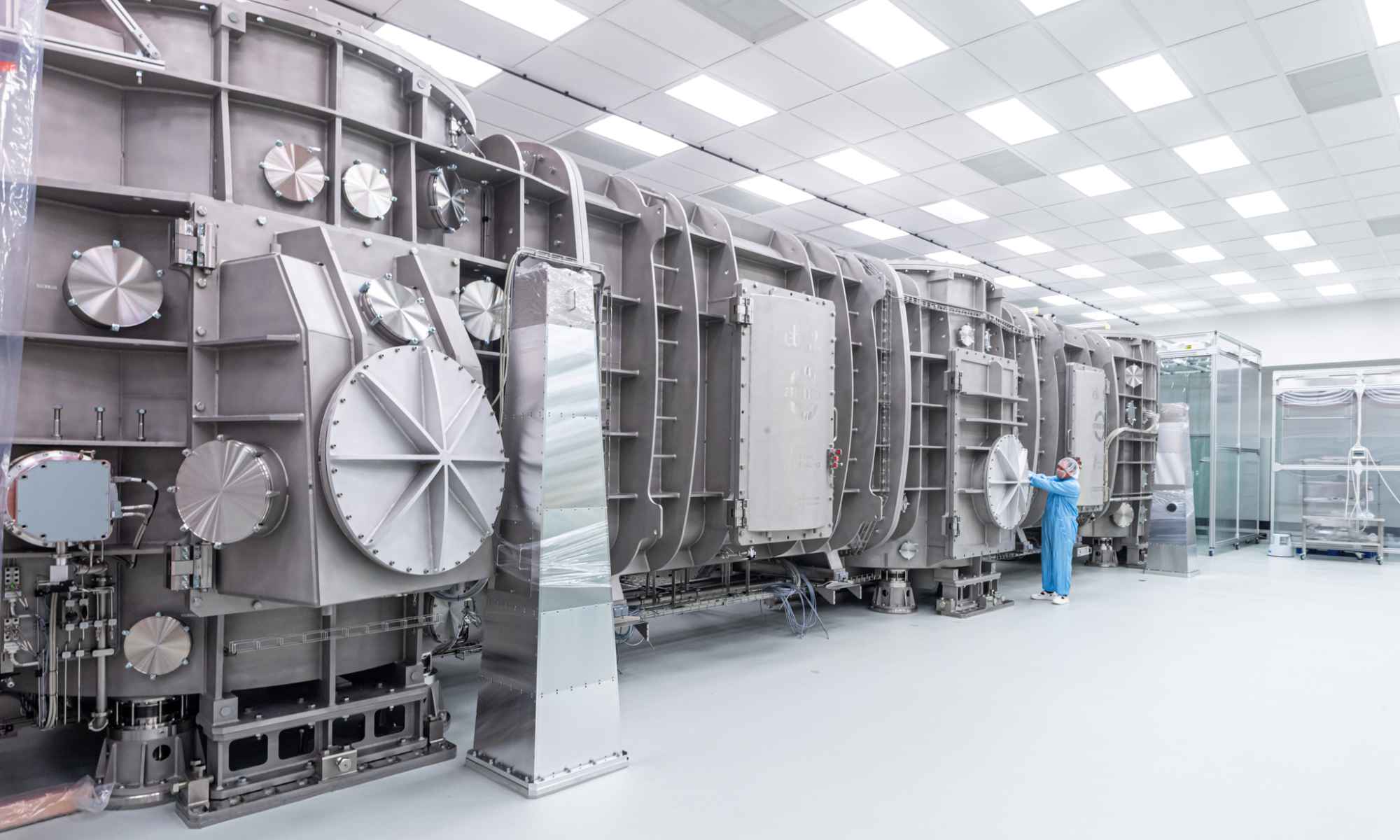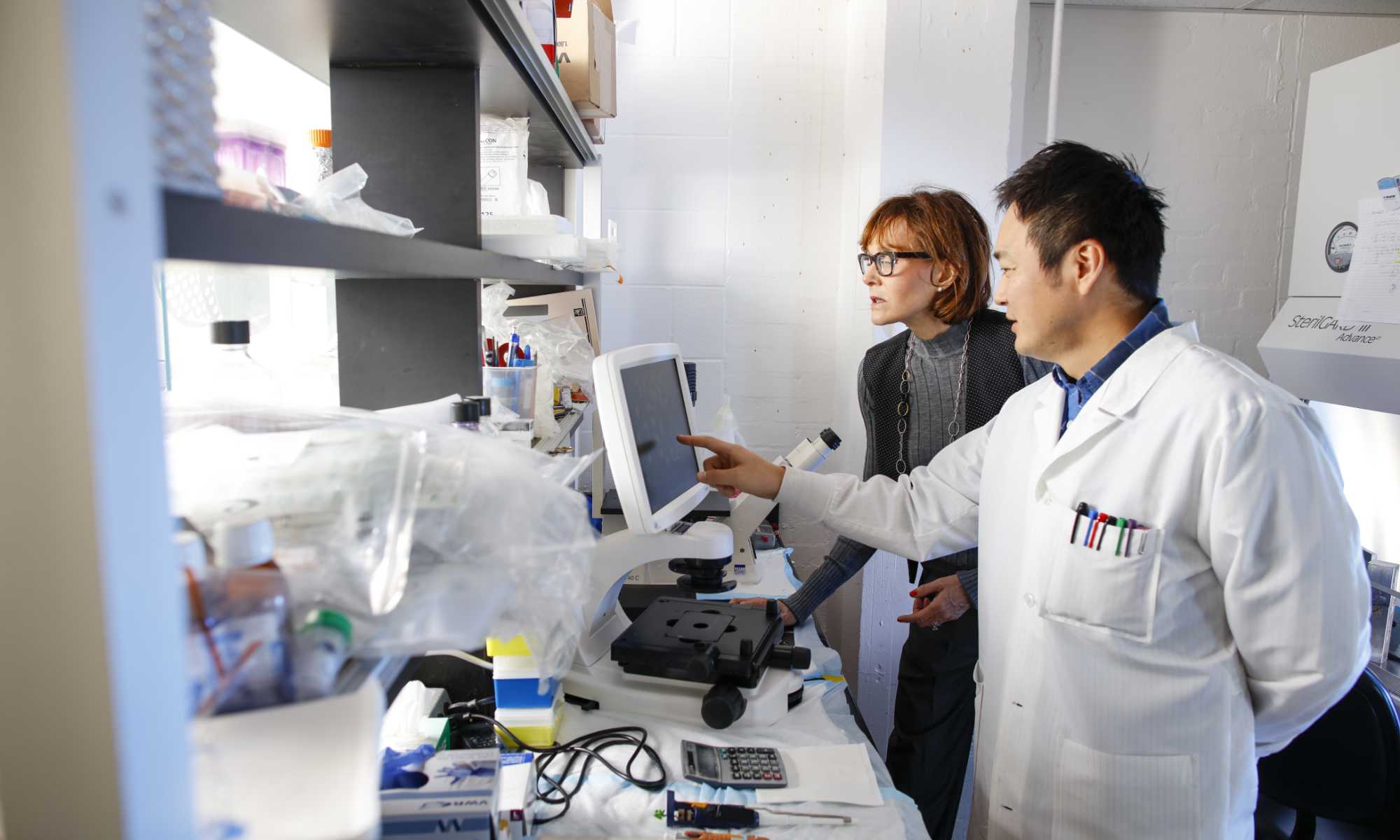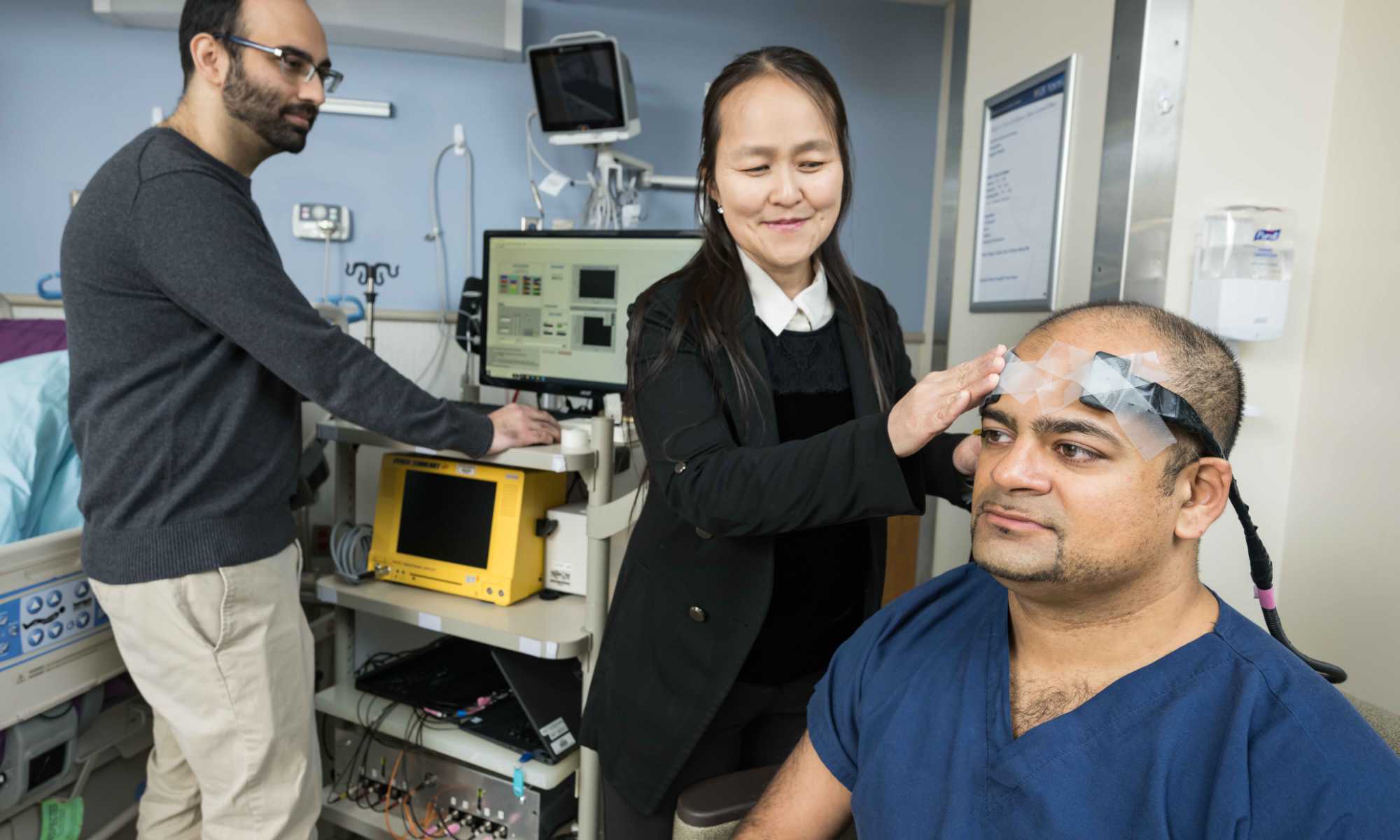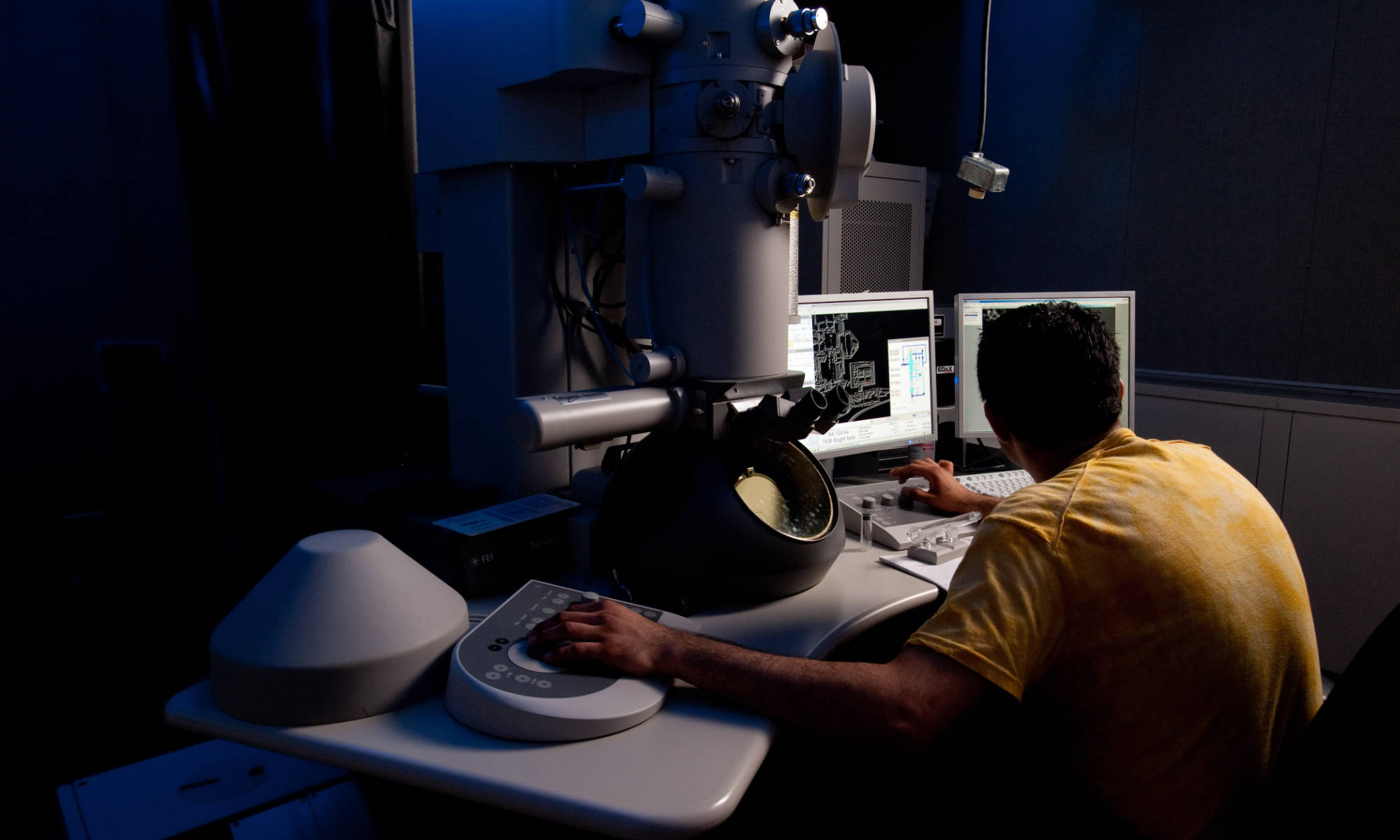
Is a gamma-ray laser possible?
Federal funding will allow Rochester scientists and their European collaborators to study the feasibility of coherent light sources beyond x-rays.
Buffalo-Rochester-Syracuse Tech Hub wins $40 million for semiconductor innovation
The University of Rochester is a lead partner in a three-region consortium focused on semiconductor manufacturing and innovation.

June 2024 in Photos
June took the University of Rochester far afield to lush green spaces and back home again for the sounds of summer. Take a look at how we spent the month.

Rochester and Albany launch new Center of Excellence in RNA research
The joint venture between the University of Rochester and University at Albany will drive economic development through research and training.
Research hub aims to unravel health effects of microplastic pollution
The Rochester-based center will let researchers to investigate the interactions between plastic pollution, the Great Lakes environment, and human health.

Improved neuromonitoring could prevent brain injuries for patients on ECMO life support
Rochester researchers are developing multimodal, non-invasive ways to study the brain’s physiology and reduce neurological issues associated with extracorporeal membrane oxygenation (ECMO) therapy.

New federal funding approved for Laboratory for Laser Energetics’ Omega Facility
The funding enables LLE’s national security efforts in inertial confinement fusion, high-energy-density physics research, and laser technology development.

University secures federal funding to enable advanced quantum research
The funding supports the acquisition of a state-of-the-art transmission electron microscope to accelerate research in quantum information science.

New NIH-funded center could soon reduce the need for pharmaceutical trials on animals
Rochester is one of four NIH-sponsored centers that aims to produce tissue-on-chip devices as FDA-qualified drug development tools.

University of Rochester receives Mellon Foundation grant to hire Black studies faculty
The $3M in funding will help advance innovative and strategic faculty hiring in the Department of Black Studies.

